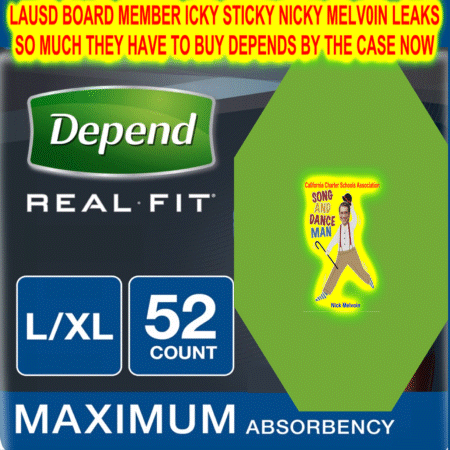A Movement Against Charter Schools Helped Oust Puerto Rico’s Governor

As Americans lament the current sorry state of democracy in Washington, D.C., government by the will of the people was very much alive recently in Puerto Rico, where a prolonged general strike that virtually shut down the island forced Governor Ricardo Rosselló to announce his resignation.
During the strike, huge crowds mobbed the governor’s mansion around the clock, closed highways in the capital of San Juan, and persuaded some presidential candidates in the Democratic Party to join in calling for the governor to resign.
Protesters had multiple grievances, but a “final straw” seems to have been a series of text messages leaked to an independent news organization in which the governor and his closest associates insulted political opponents and allies, members of the news media, and the LGBTQ community. Another notable target for insults in the text exchanges were the island’s public school teachers, whom the governor’s chief financial officer at the time, Christian Sobrino, called “terrorists.” (Sobrino and other top officials participating in the chats have resigned since the messages went public.)
Puerto Rico’s school teachers have been a constant nemesis to the Rosselló regime, and the island’s largest teachers’ union, the Asociación de Maestros de Puerto Rico (AMPR), united with other labor unions on the island to organize the general strike. Randi Weingarten, the leader of the American Federation of Teachers, which AMPR is an affiliate of, joined in the calls for Rosselló’s resignation.
The teachers’ disagreements with Governor Rosselló started long before the CONTINUE READING: A Movement Against Charter Schools Helped Oust Puerto Rico’s Governor












